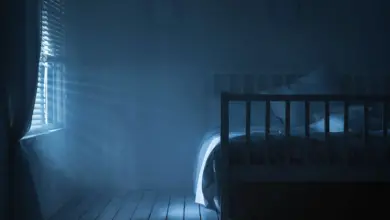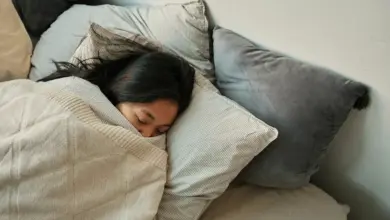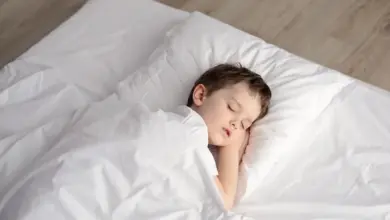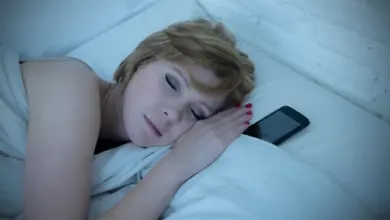Can The Full Moon Control Our Sleep?
Can The Full Moon Control Our Sleep? Fact or Fiction?
For centuries, people have been fascinated by the moon. They’ve spent their lives trying to understand its mysteries. This fascination has led to many scientific theories. These range from the full moon causing more violence, to health problems or controlling the menstrual cycle.
The word “lunacy”, which is derived from the Latina “luna”, and means moon, was used because in the past people believed that a full or a new moon would cause insanity, often manifested as mental illness. In 2005, a study in Pittsburgh found that 69% of local nursing staff believed that a full moon led to increased hospital admissions and chaos.
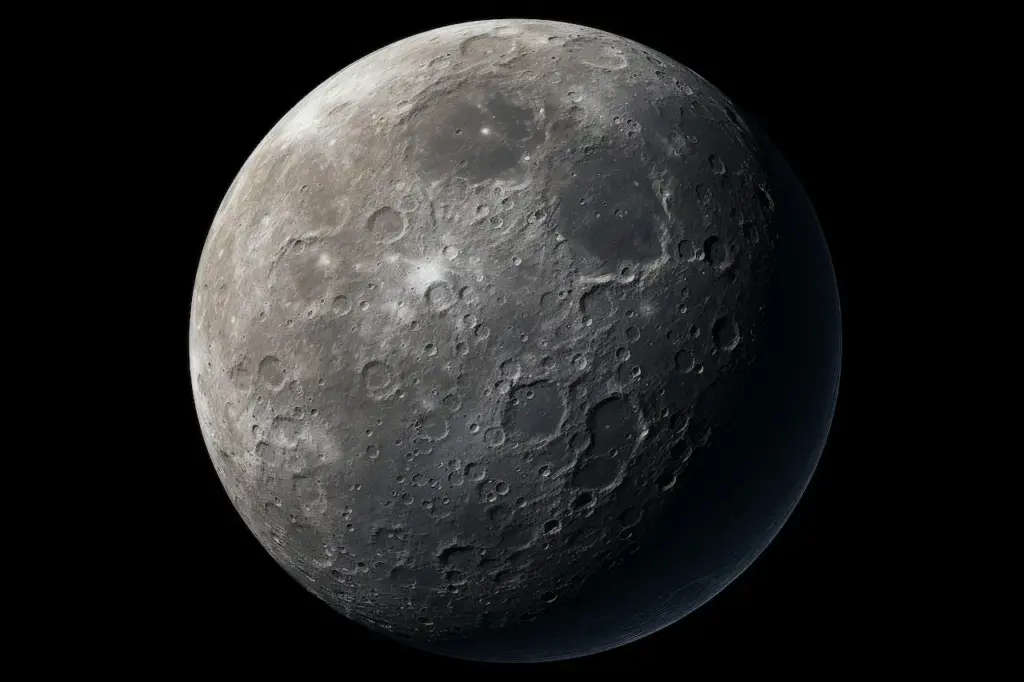
The superstitions of nurses are not unique. In 2007, the Brighton Police Force hired additional officers to cover full moons. The decision-makers were convinced that a full moon would increase crime.
The majority of theories about the moon controlling our behaviour have been debunked by modern science. The moon’s influence on sleep persists and has even been backed up by science. In a study by SleepScore, an app that tracks sleep, 60% of participants said the moon influences our sleeping patterns.
Is it true that the moon can disturb our sleep, or is it a misguided idea?
The Science Vs. The Myth
Basel University in Switzerland has produced the most controversial evidence. The study showed that during full moons, spend up to 30% less sleep time in deep sleep. Deep sleep is the sleep period responsible for memory and recall. The full moon caused them to sleep for only 20 minutes and take five minutes longer on average to fall asleep.
The study was published in 2013 and caused a media frenzy. It also sparked a lot of debate. Christian Cajochen said that this is “the first reliable evidence” that lunar rhythms can modulate human sleep patterns.
Why or how people evolved to be able to detect the cycles of the moon is unclear. Some theories claim that the moon could influence the water in our bodies, just as it affects ocean tides. The moon’s gravitational pull is very weak and constant, no matter where it falls in the cycle.
Scientists have also suggested that moonlight causes an internal reaction. This study did not include the trigger, but still found a significant change in sleeping patterns.
Christian Cajochen supports the idea that we have an internal clock that tells us the phase of the Moon. The clock would work similarly to our 24-hour circadian clock which determines when we sleep and wake up. It is possible that the mechanism was first developed by our earliest ancestors who were more active during bright full moons.
The human being is not the only species that (potentially has) a lunar clock. Galapagos marine Iguanas depend on it for survival. Only those with the most precise clocks can survive in difficult conditions.
Dr Neil Stanley a leading sleep expert from the UK questioned the purpose of the study. He said, “It’s academically interesting but not very helpful because you can’t prevent it.”
Separating Causation from Correlation
was published last year and found that people’s sleep fluctuated over 29.5 days with the lunar cycle. Researchers from Washington, Connecticut, and Argentina collaborated on the research. They also discovered that participants’ sleep quality decreased and slept longer at night in days before a full moon.
The analysis covered a wide range of environments, from rural, remote areas in Argentina without electricity to heavily industrialised cities throughout America. Each community showed similar data patterns.
Artificial light is ubiquitous in big cities and towns. It has a similar impact on people to early morning moonlight. The true impact brightly lit urban areas have on people’s internal clocks cannot be determined without further research.
The research, like previous studies, could not determine what caused this change in sleep patterns. It is impossible to know if the moon does affect sleeping patterns without this vital data.
In a study conducted in 2014, it was found that during the new moon, people slept 25 minutes less, but the amount of REM grew by 30 minutes. People are more sensitive to environmental changes during a full moon.
Dr Raymann is a sleep expert. He said: “In short, we can’t rule out the possibility that there are similar sleepiness patterns to those of the moon. The hard data, however, is not yet convincing. “We need to conduct studies that will help us understand the impact of moon phases on sleeping, and not just reanalyses of sleep data.”
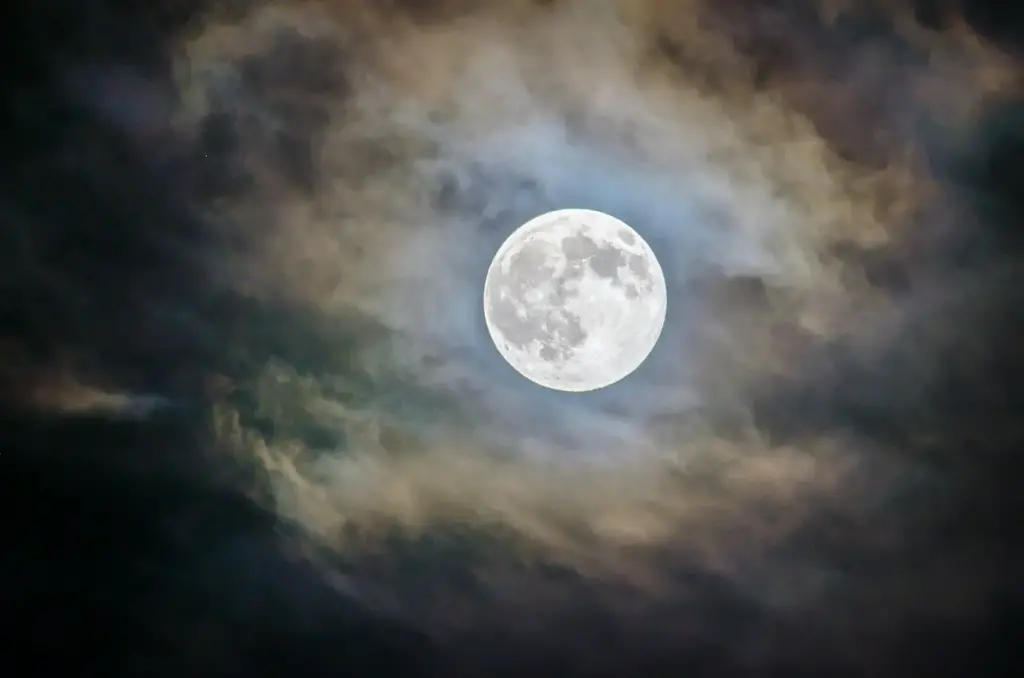
The Influence of the Moon
There isn’t yet enough evidence to prove that the moon affects our sleeping patterns, but some interesting data have emerged in the last decade. This area of research is sure to continue to be of interest. Science may even provide an answer sooner than expected.
The moon has a significant impact on the behaviour of many species. Its effect on coral can even be observed from space. After a full moon, coral on the Great Barrier Reef, off the coasts of Queensland and Australia, begin to mass spawn. They release billions of eggs.
Island Reunion is located in the Indian Ocean and is home to the endangered Barau’s petrel. The bird migration begins when the daytime length reaches 12.5. They arrive on the island every year at full moon.

